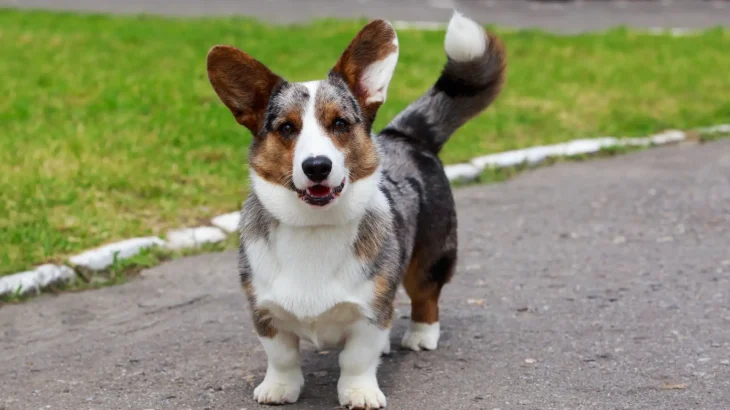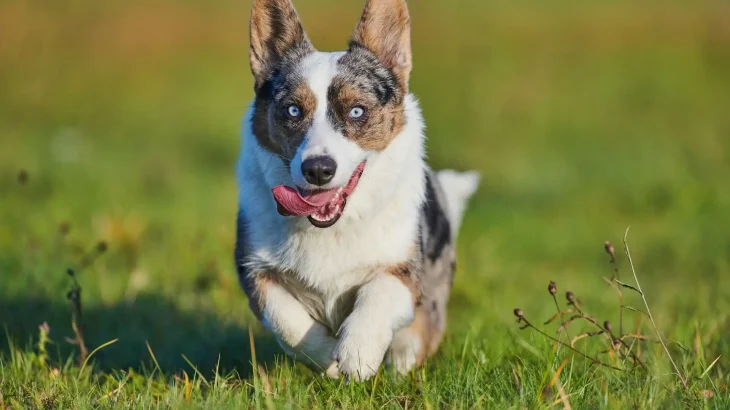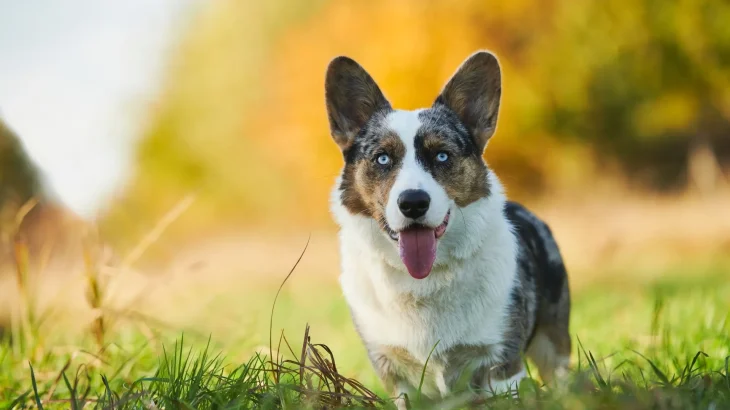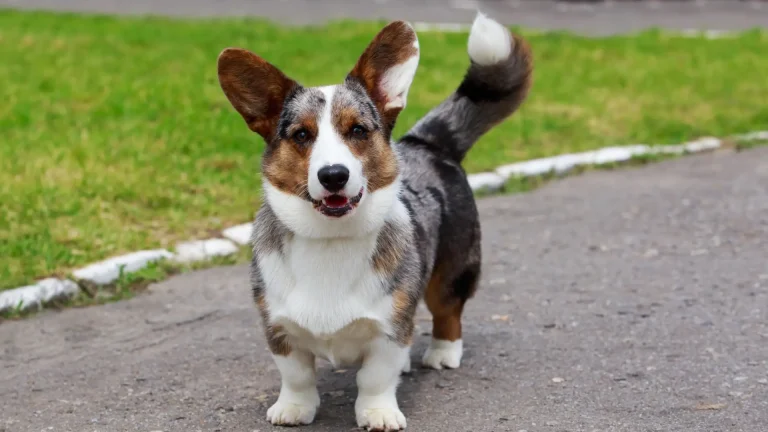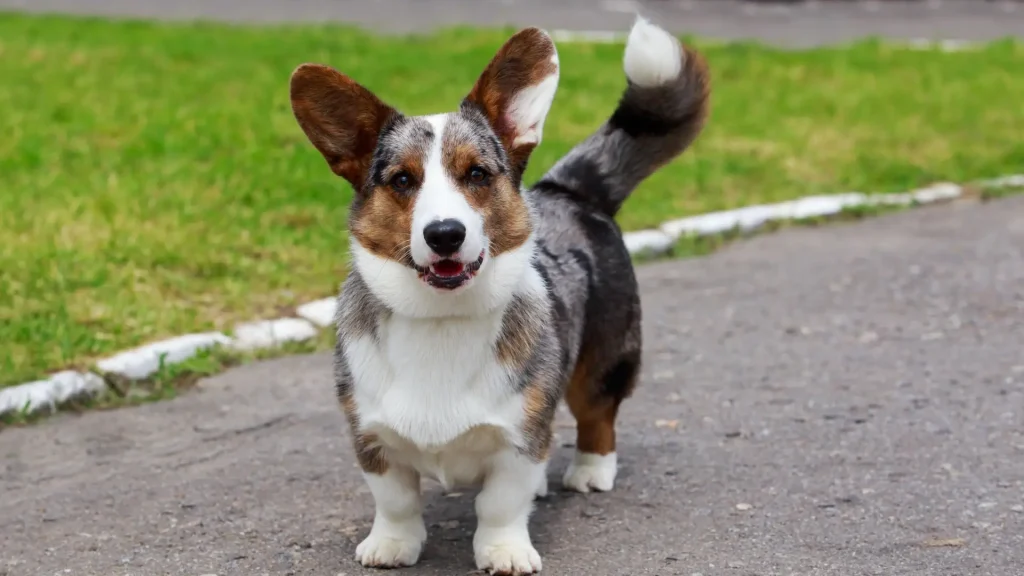When considering a Cardigan Welsh Corgi puppy, deciding whether to adopt or purchase involves weighing factors like cost, health transparency, and ethical considerations. Purchasing from a breeder often ensures detailed health records and pedigree, while adoption provides a chance to offer a home to a dog in need, sometimes with less certainty about background.
| Criteria | Buying from Breeder | Adopting from Shelter/Rescue |
|---|---|---|
| Cost | Typically higher, around $800 to $2,000 depending on the breeder. | Lower adoption fees, usually $50 to $200, often including vaccines and spay/neuter. |
| Health History | Clear health records and genetic screenings usually provided. | History may be unknown but basic health checks are generally done. |
| Age Availability | Mostly puppies, allowing early socialization and training. | Various ages available, including adults and seniors. |
| Temperament Insight | Breeders can share traits based on lineage. | Shelter staff can provide observed behavior but full history is often missing. |
| Supporting Practices | Supports responsible breeding when breeder is ethical. | Supports animal welfare by rescuing dogs in need. |
| Ethical Considerations | Risk of encouraging unethical breeding if not careful. | Helps reduce shelter populations by giving homes. |

